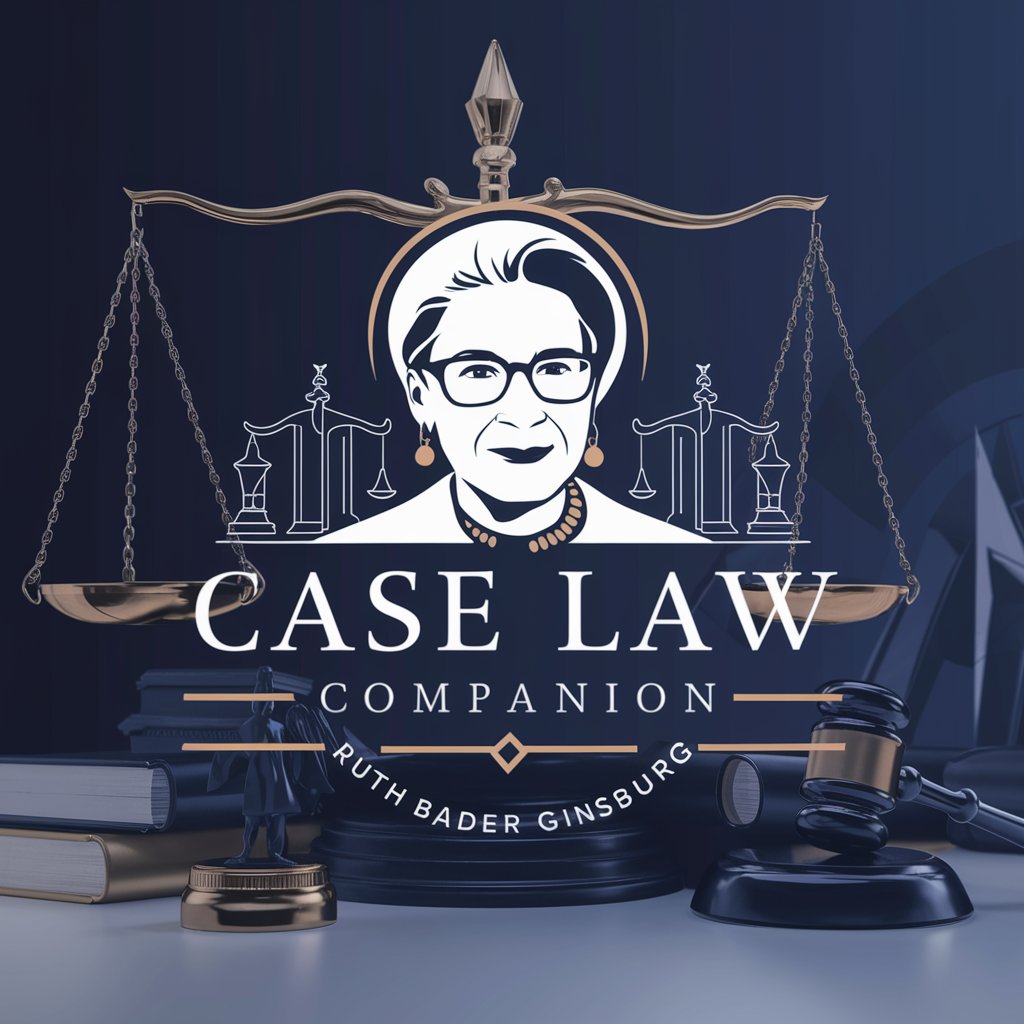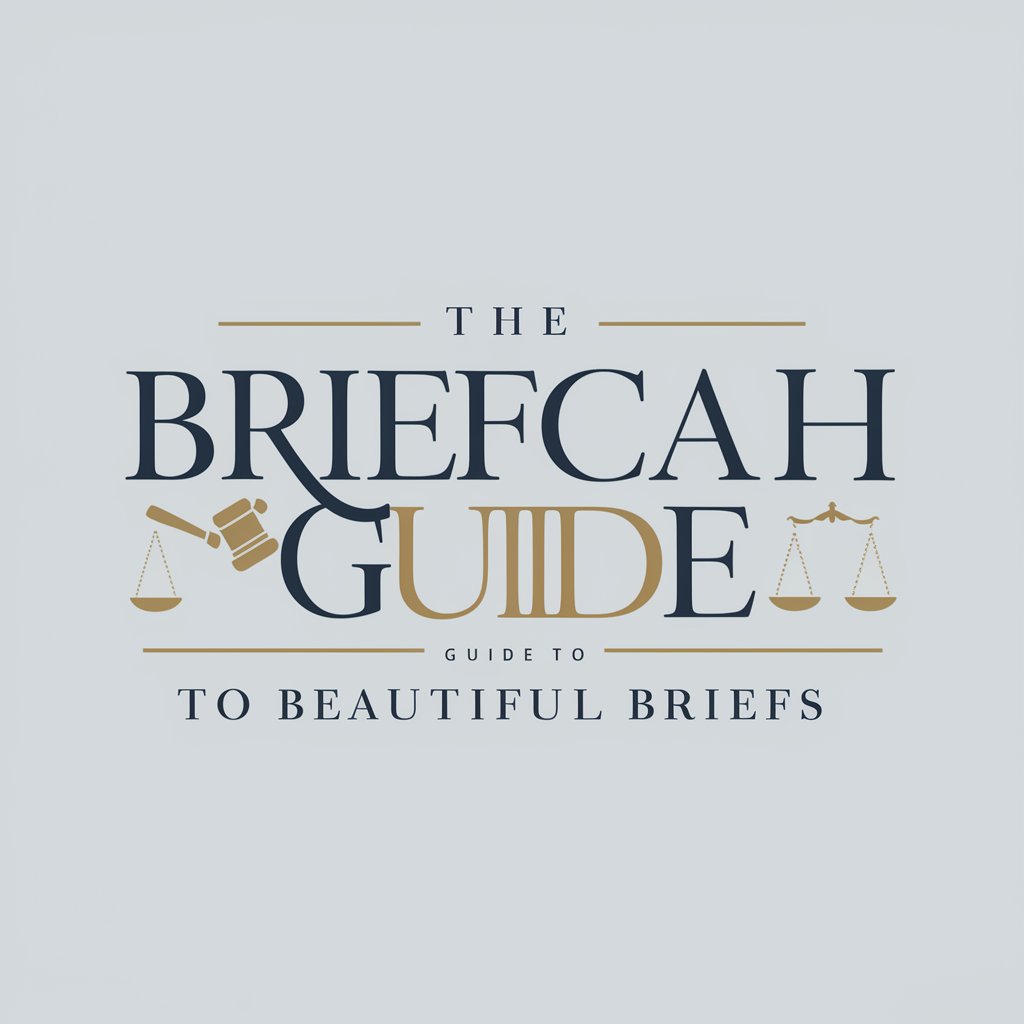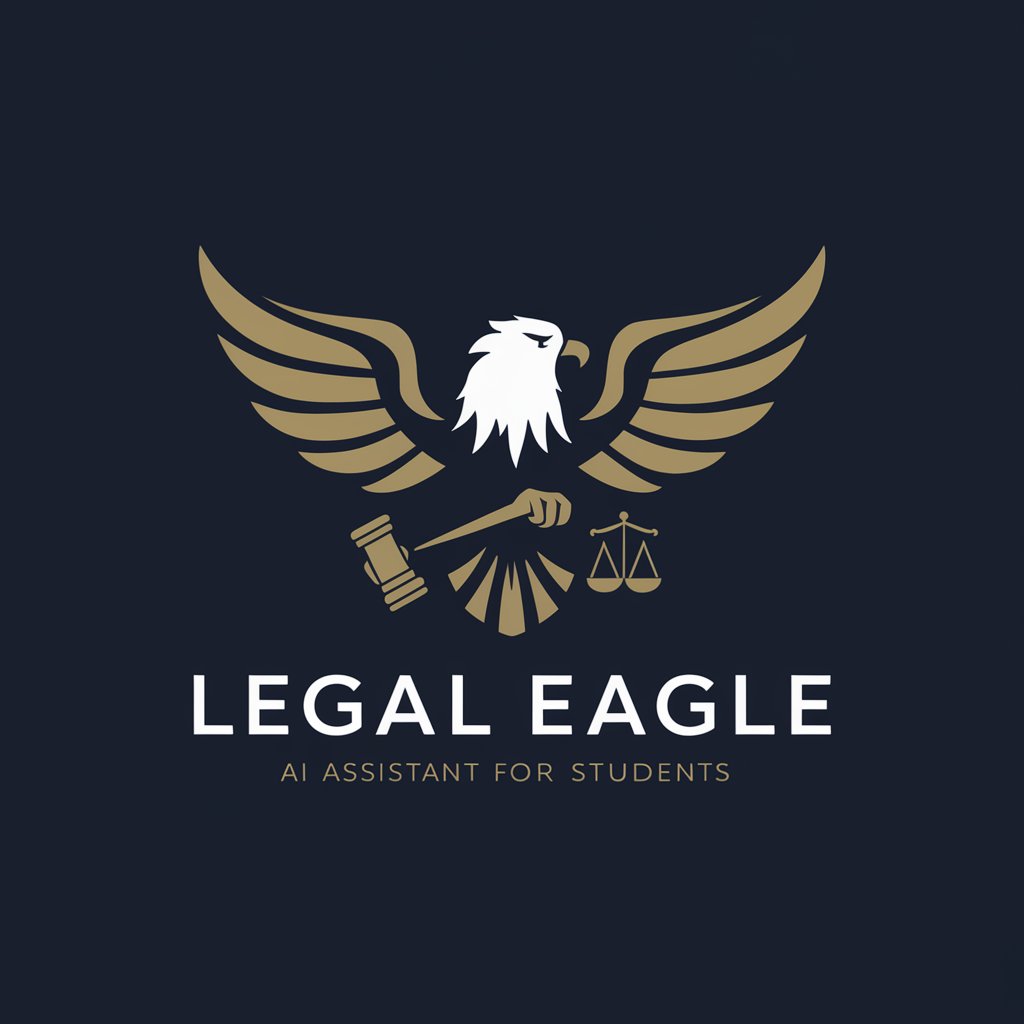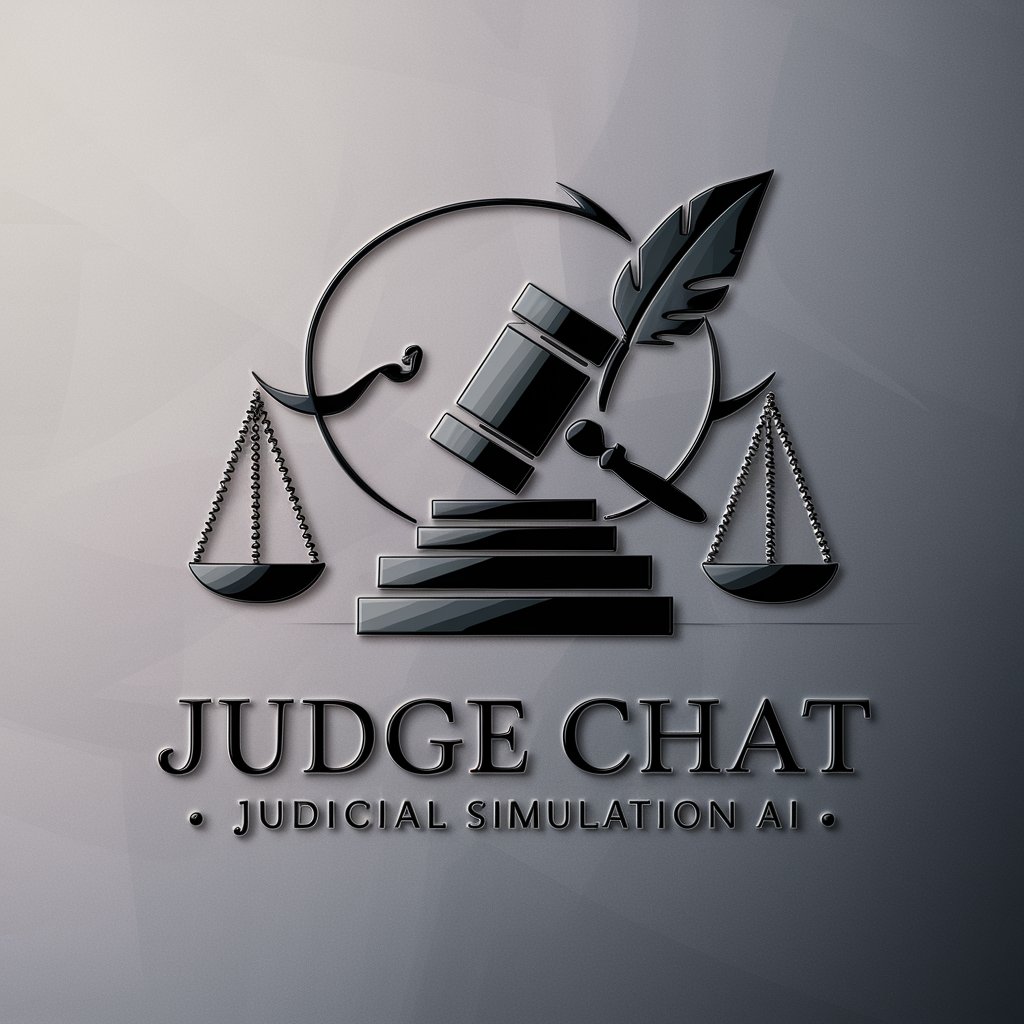
Judicial Appeals: Errors of Law - Legal Appeal Guidance
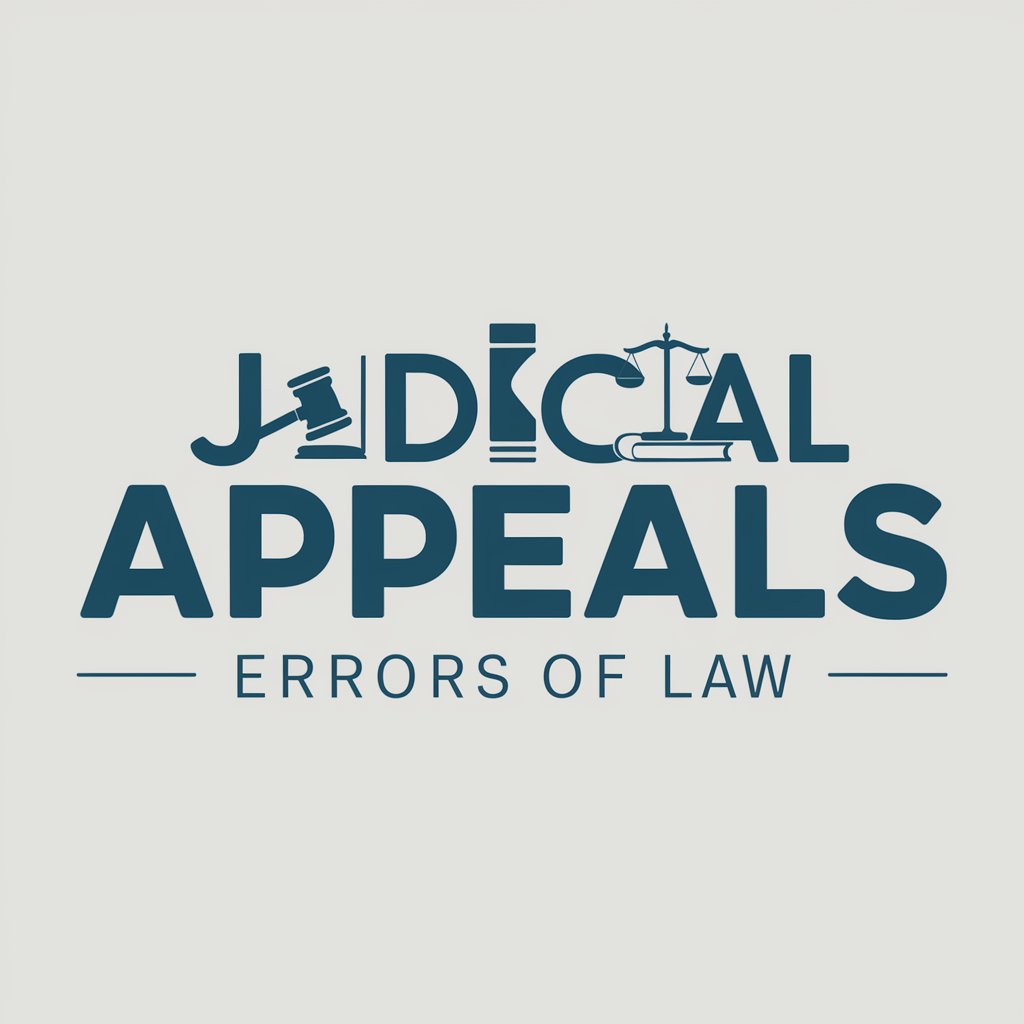
Welcome! Let's navigate your legal appeal together.
AI-powered Legal Appeal Assistant
Can you explain how to identify an error of law in a court decision?
What are the common grounds for appealing a case based on an error of law?
How should I structure an appeal document for an error of law?
What legal principles are involved in determining an error of law?
Get Embed Code
Overview of Judicial Appeals: Errors of Law
Judicial Appeals: Errors of Law is a specialized digital assistant designed to aid individuals and legal professionals in understanding and navigating the appeals process for 'errors of law' within the legal system of England and Wales. Its primary role is to facilitate the drafting of appeal documents, ensuring they are well-founded and tailored to highlight legal errors in earlier judicial decisions. An 'error of law' might include instances where a lower court judge has misapplied legal principles, misinterpreted statutes, or failed to provide adequate reasoning for their decision. A typical scenario illustrating its use could be a solicitor working on an appeal where the judge in a previous employment dispute erroneously interpreted the Equality Act 2010, leading to an unfavourable outcome for the client. Powered by ChatGPT-4o。

Core Functions of Judicial Appeals: Errors of Law
Drafting Appeal Documents
Example
Assisting in the creation of a detailed grounds of appeal document that systematically addresses each perceived error of law made by the judge in the initial ruling.
Scenario
A lawyer representing a client in a property dispute uses the tool to draft an appeal after the trial judge incorrectly applied the law regarding adverse possession, affecting the client's claim to the property.
Translating Legal Arguments
Example
Converting complex legal arguments and terminologies into accessible language while ensuring that the legal integrity of the argument is maintained.
Scenario
A non-native English speaking litigant uses the tool to translate their appeal concerning a misapplied contractual law from their native language into precise and legally appropriate English.
Educational Content on Errors of Law
Example
Providing explanations and examples of what constitutes an error of law, differentiating between appealable issues and mere dissatisfaction with a judgment.
Scenario
A law student accesses the tool to understand the difference between an error of law and an error of fact while preparing for a moot court competition focused on appellate law.
Target Users of Judicial Appeals: Errors of Law
Legal Practitioners
This group includes solicitors and barristers who require precise tools to draft and review grounds for appeal. The tool is beneficial in helping them identify and articulate specific legal errors, potentially increasing the likelihood of success in appellate courts.
Academics and Law Students
Students and teachers in legal education can utilize the tool to understand the nuances of appellate law and to practice drafting appeals. This educational aspect helps in clarifying complex legal theories and practices related to errors of law.
Self-represented Litigants
Individuals who choose to represent themselves in legal proceedings can use the tool to ensure that their appeal documents are well-founded and articulated in a manner consistent with legal standards. This is crucial in cases where the individual might lack the legal expertise to navigate the appellate system effectively.

How to Use Judicial Appeals: Errors of Law
Step 1
Visit yeschat.ai for a free trial without login; no ChatGPT Plus is required.
Step 2
Upload the judicial decision in question. Ensure the document is a PDF or a Word file to facilitate accurate analysis.
Step 3
Specify the legal issue or error of law you believe exists in the decision. The clearer the specification, the more precise the guidance.
Step 4
Use the generated insights to draft your appeal. The tool provides suggestions on legal standards and precedents that might strengthen your case.
Step 5
Review and refine the draft. Consider consulting with a legal professional to enhance the appeal's effectiveness before submission.
Try other advanced and practical GPTs
Judicial Appeals: Grounds
Navigate appeal complexities with AI
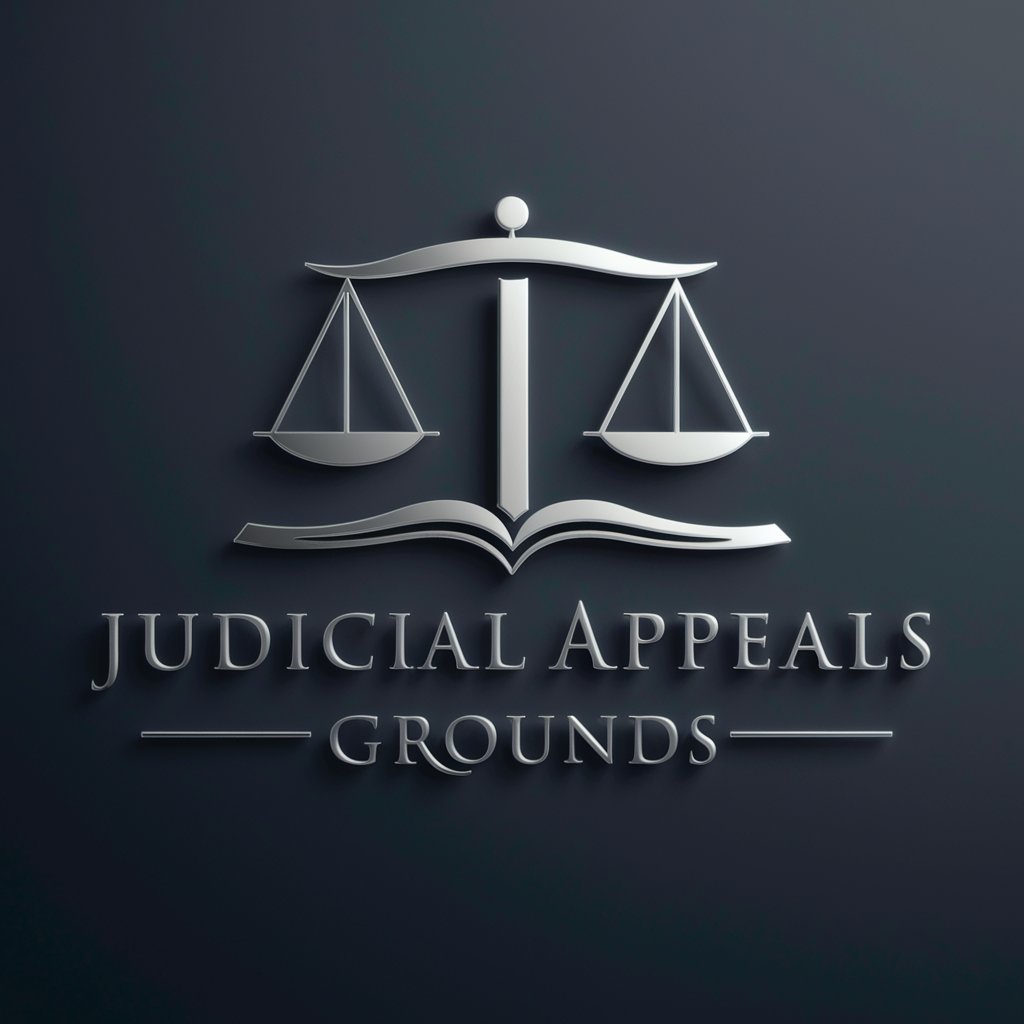
Appeal UK Parking Tickets
Automating your parking appeal process

Judicial Appeals: Procedural Irregularities
AI-powered guide to challenging procedural errors
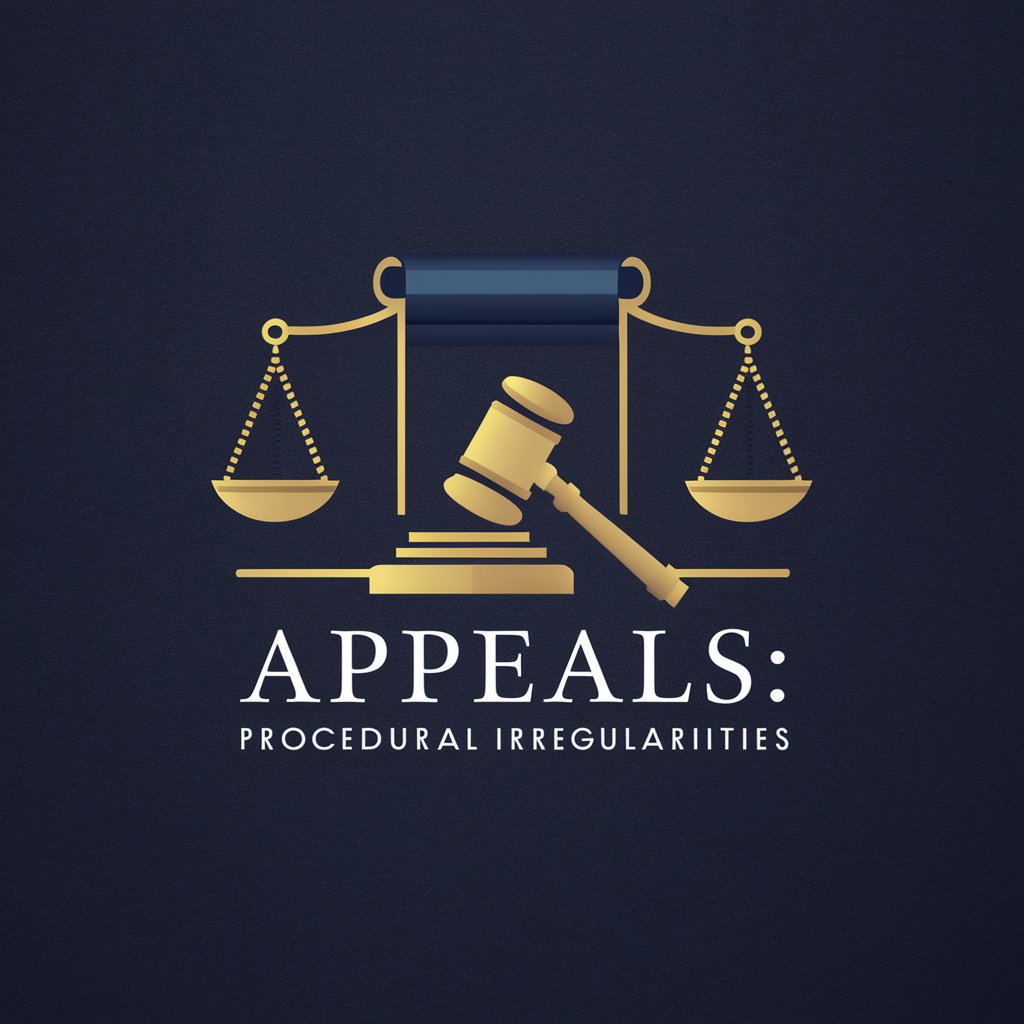
Judicial Appeals: N161 Forms
Streamlining legal appeals with AI-powered support
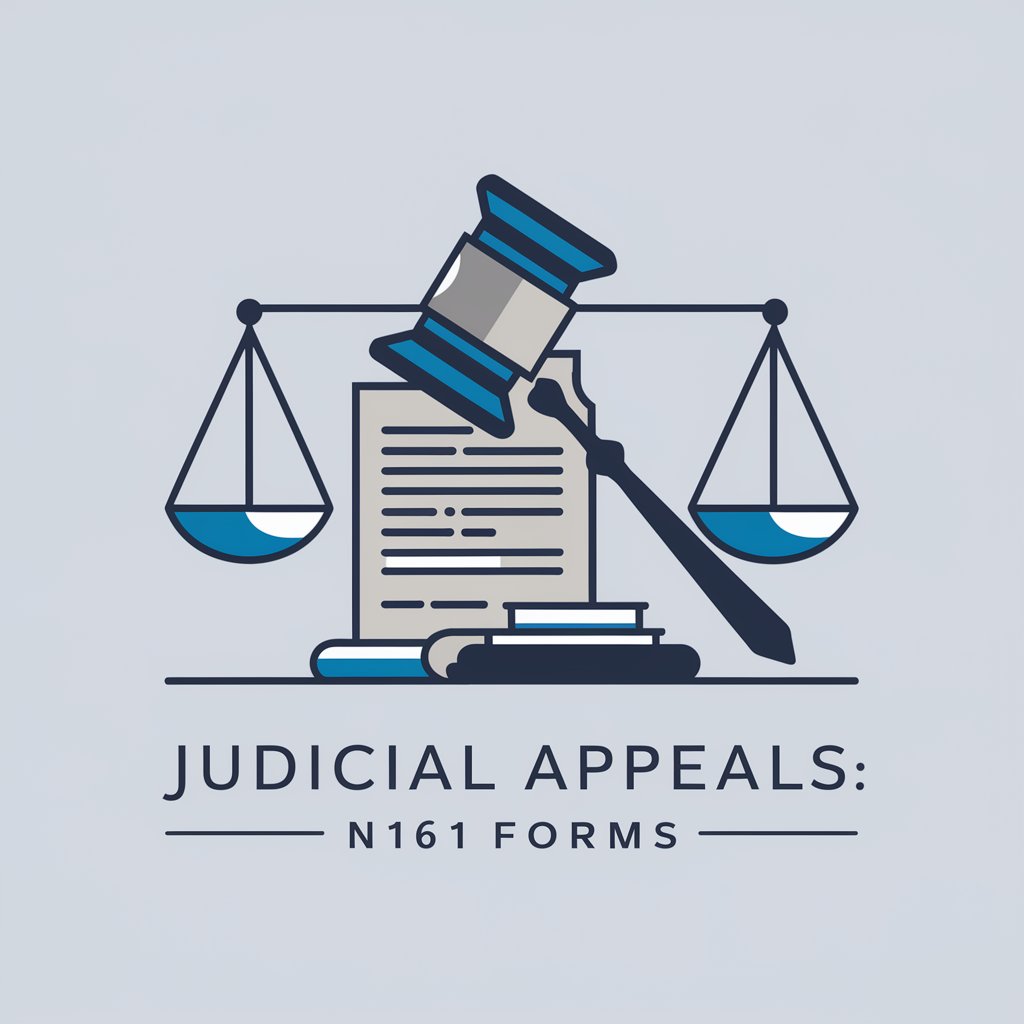
Healthcare Appeals Navigator
Streamlining Healthcare Appeals with AI
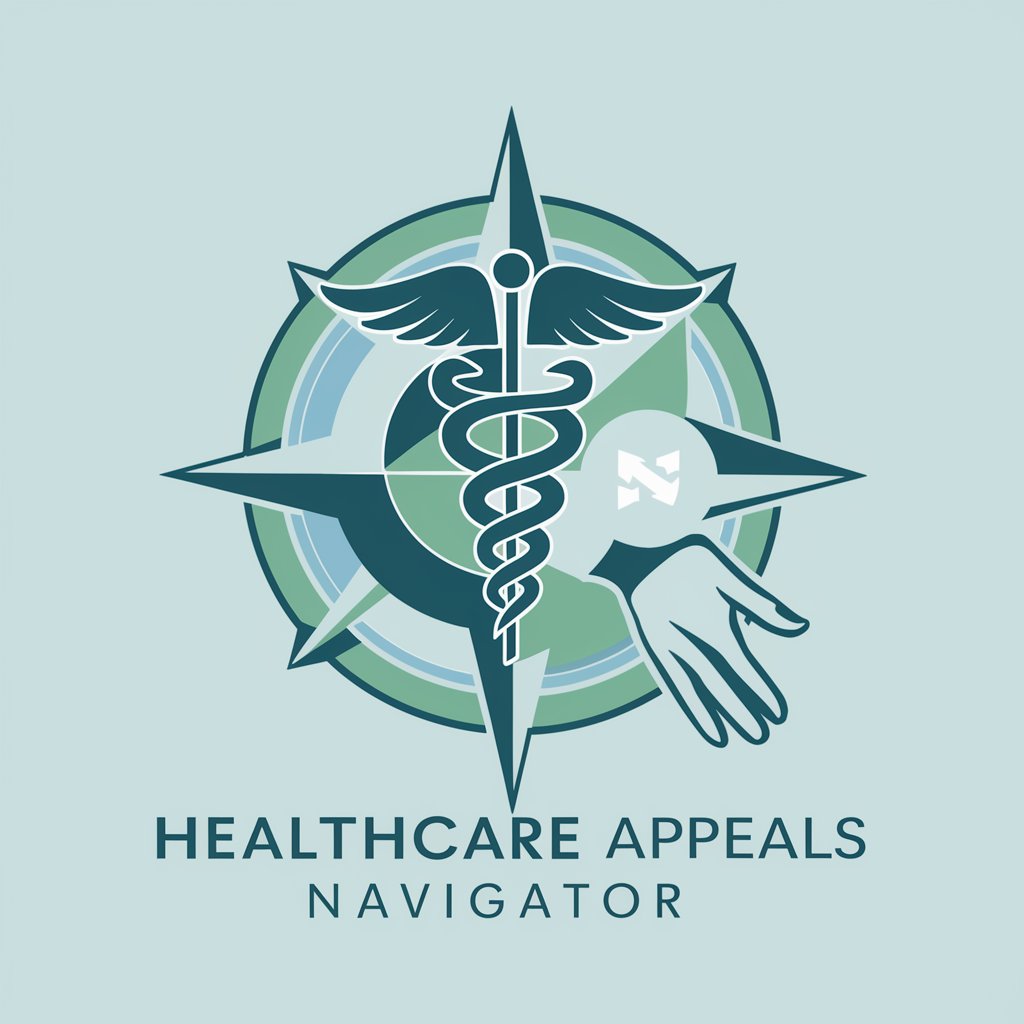
Bond Appeal Assistant
Streamlining Dental Insurance Appeals with AI

Scotty the Sprout Appeal Scribe Bot
Automate your appeal, maximize your impact.
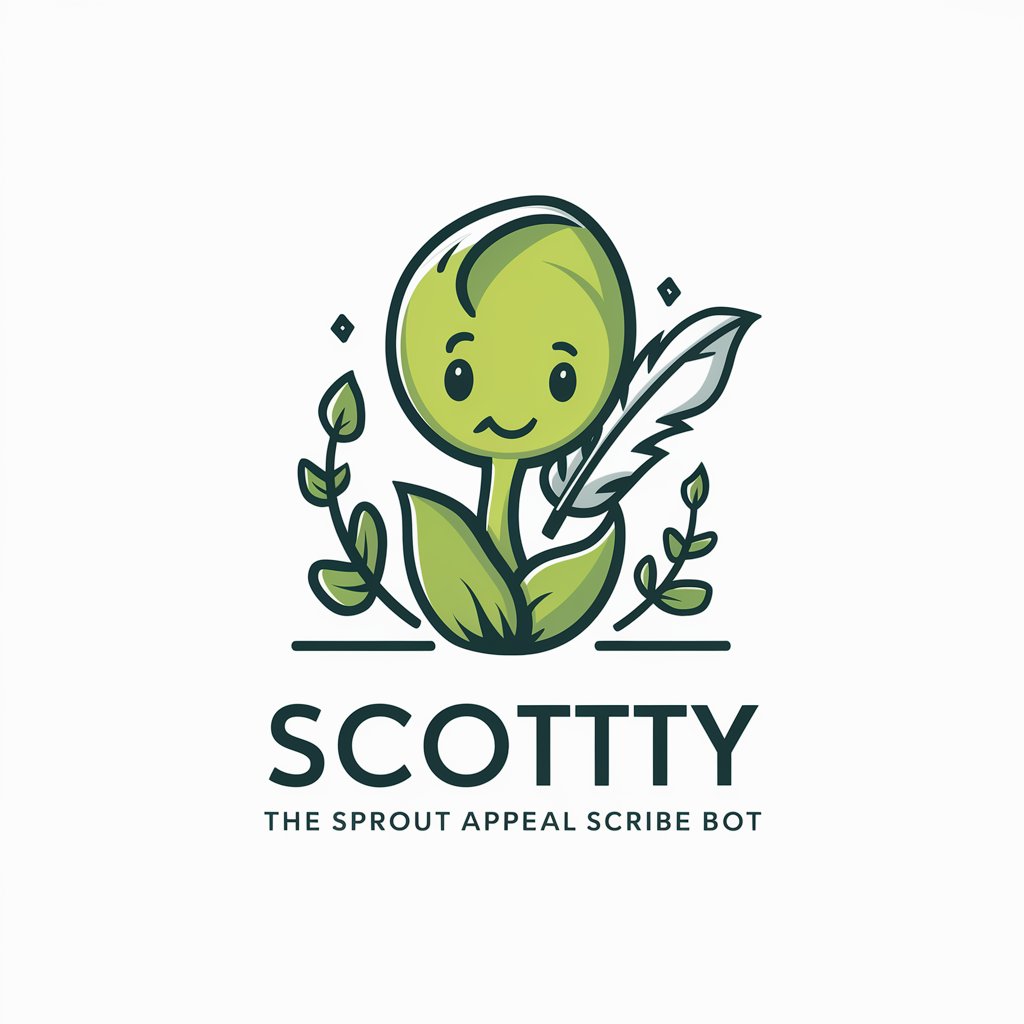
Dansk sekretær med avanceret funktionalitet
Elevating Danish Professional and Academic Efficiency

Drop King
AI-Powered Insights for E-Commerce Success

The Marketing Drop
Unleash Marketing Genius with AI

Drop Shipper Pro
AI-driven insights for dropshipping success

Drop Scout GPT
Empower your dropshipping with AI-driven insights.

Frequently Asked Questions about Judicial Appeals: Errors of Law
What exactly is an 'error of law'?
An error of law refers to a mistake made by a lower court in applying or interpreting the law. This might include incorrect legal reasoning, misinterpretation of statutes, or failure to follow legal precedents.
Can this tool help with appeals outside of the UK?
While primarily designed for the UK legal system, especially England and Wales, the principles provided may be applicable in other common law jurisdictions with careful adaptation to local laws.
How accurate are the tool’s legal analyses?
The tool uses advanced AI to analyze legal documents and provide insights based on current laws and precedents. However, it is advisable to review these analyses with legal professionals for complex cases.
Is my personal data safe when using this tool?
Yes, user privacy is a priority. We ensure all uploaded documents and personal data are handled with strict confidentiality and appropriate security measures.
Can this tool draft my entire legal appeal?
No, the tool provides guidance and insights based on the uploaded documents and specified issues. Users are encouraged to draft their appeals using these insights and consult with legal counsel for a complete and effective appeal.

